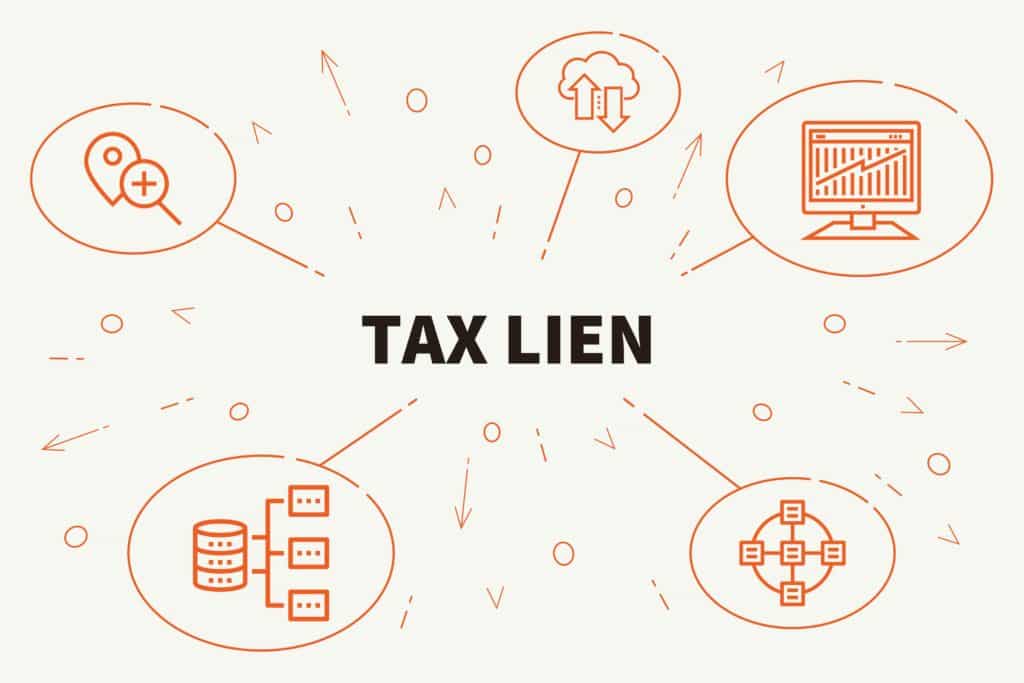
IRS Tax Lien – Lien Withdrawal
The IRS will place a tax lien on a taxpayer who has failed to pay a tax debt. By placing a tax lien on the taxpayer, the government has placed a legal claim against their property. This usually will result in restrictions in the ability to sell the taxpayer’s property and restricts their ability to purchase new property, especially on credit. However, if a taxpayer has the unfortunate experience of having the IRS place a tax lien against them, there are several options available to the taxpayer that can result in the IRS withdrawing a tax lien. Withdrawal of a tax lien will result in the removal of the public notice that a lien exists, and it assures creditors that the government is no longer seeking ownership of the taxpayer’s property.
In order to have a lien withdrawn, the taxpayer must request the withdrawal by filing IRS Form 12277, Application for the Withdrawal of Filed Form 668(Y), Notice of Federal Tax Lien. There are several criteria that can be used in order to request the tax lien withdrawal:
- If the original tax lien was filed prematurely or not in accordance to IRS procedures.
- If the taxpayer entered into an installment agreement to satisfy the past due tax for which the lien was filed, yet the installment agreement did not provide for a Notice of Tax Lien to be filed.
- A taxpayer is under a Direct Debit Installment Agreement.
- Withdrawal of the lien will allow easier collection of the tax debt.
- The taxpayer, or Taxpayer Advocate, believes that withdrawal of the debt is in the best interest of the taxpayer and the government.
In addition to the criteria used to make the determination if a tax lien withdrawal is warranted, the taxpayer must also include documentation that supports the assertion that withdrawal of the tax lien meets the requirement of the request. The request should also include a list of financial institutions, creditors, and credit agencies that the taxpayers would like to be notified that the tax lien has been withdrawn.
It should be noted that withdrawal of a lien does not necessarily mean that the taxpayer no longer owes the debt. There are scenarios where the IRS will grant a lien withdrawal with the expectation that the debt will be paid. If the tax debt is not paid, the IRS may still have the option to reinstate the tax lien. Contact or call RJS LAW at (619) 595-1655 to schedule your consultation today.
______________________________________________________________________
Please keep in mind the information and advice presented in this blog is not intended to be used as formal legal advice. Contact a tax professional for personalized tax advice pertaining to your specific situation. While we try and answer all parts of the question when we write our blogs, sometimes there may be some left unanswered. If you have any questions about your problems with the IRS, SBOE, FTB, or BOE, or tax law in general, call RJS Law at (619) 595-1655.

Leave a Reply